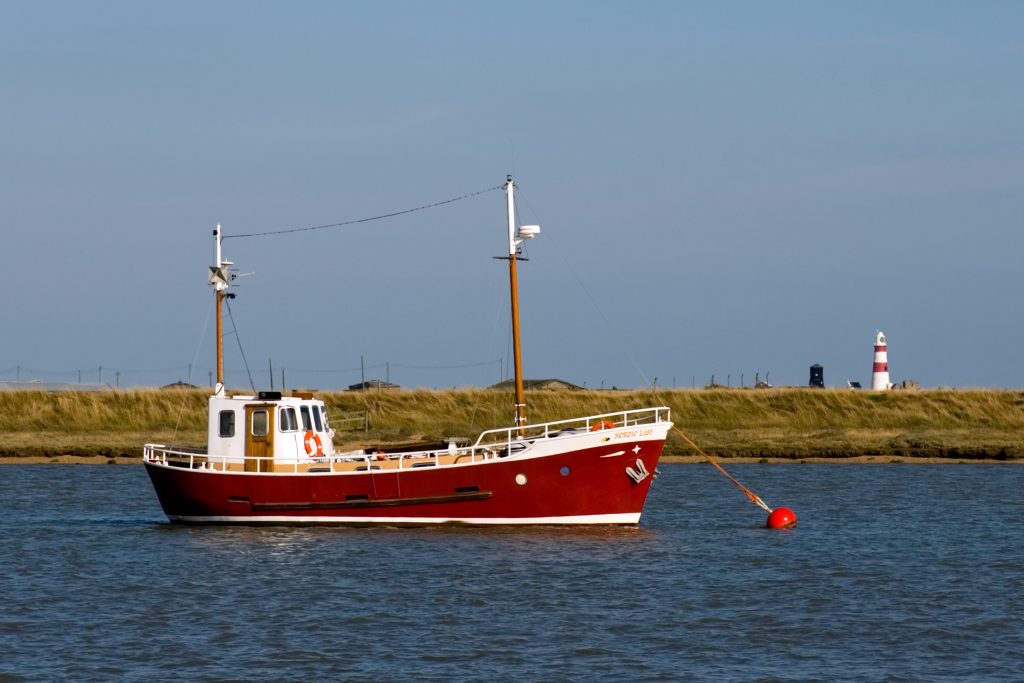 An injury can happen in the most unlikely of situations, and although it may seem minor at the moment, it can create lifelong physical ailments. When this unfortunate situation occurs, you deserve to be properly compensated, regardless of any pre-existing conditions you may have. The following lawsuit shows how an excellent attorney can assist you in doing so.
An injury can happen in the most unlikely of situations, and although it may seem minor at the moment, it can create lifelong physical ailments. When this unfortunate situation occurs, you deserve to be properly compensated, regardless of any pre-existing conditions you may have. The following lawsuit shows how an excellent attorney can assist you in doing so.
Ricky Koch was working as a foreman for Economy Iron Works aboard the United States-owned vessel S.S. Altair. He was participating in a “walkthrough” to potentially submit a bid for his employer on areas of the vessel needing repair. During the walkthrough, the group encountered a stairwell. The chief engineer who was leading the tour flipped a light switch, but it only partially illuminated the stairwell. As Koch descended in the darkness, he missed a step and fell backward, hitting his head, neck, and shoulders on the stairs. Upon returning to his office that same day, he completed an accident report and was driven home by a colleague where his wife found him immobile on a recliner.
Koch could not work after the incident, with severe pain in his knees, neck, and back. He ultimately saw an orthopedic surgeon who concluded the incident exacerbated his preexisting osteoarthritic conditions and caused the need for bilateral knee replacements. Koch also saw a neurosurgeon who opined he had herniated his C6-7 disc as a result of the incident and subsequently performed cervical spine surgery. However, after the surgery, he had complications, including carpal tunnel in his hands, which the neurosurgeon noted were associated with and worsened by Koch’s neck problems. Because of his injuries, Koch underwent a right total knee replacement and had one scheduled for the other knee once he was fully recovered.
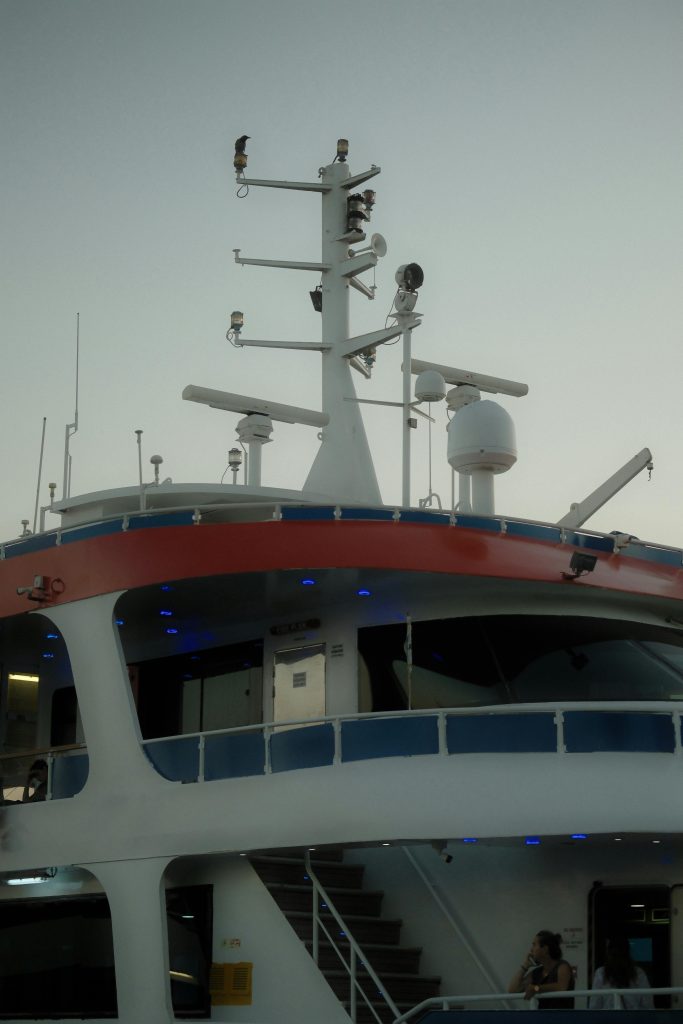 In a case stemming from the aftermath of the Deepwater Horizon oil spill, the Louisiana Court of Appeal, Fourth Circuit, recently reversed a trial court’s summary judgment, highlighting the complexities in determining a worker’s status in maritime injury cases.
In a case stemming from the aftermath of the Deepwater Horizon oil spill, the Louisiana Court of Appeal, Fourth Circuit, recently reversed a trial court’s summary judgment, highlighting the complexities in determining a worker’s status in maritime injury cases. Louisiana Personal Injury Lawyer Blog
Louisiana Personal Injury Lawyer Blog


 In a recent ruling, the
In a recent ruling, the 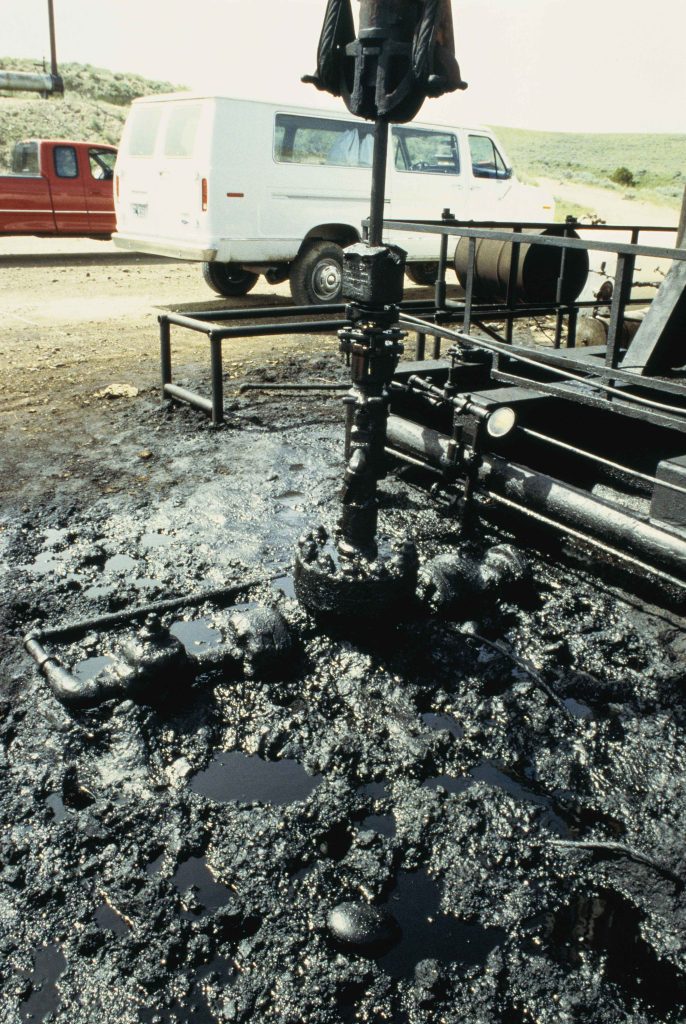 The rugged world of oil well labor often serves as a crucible of challenges, where hard work meets unforeseen perils. Within this demanding landscape, a legal saga unfolds, revealing the harrowing tale of two injured workers and the intricate journey through a labyrinthine appeals process. Their journey from the fiery depths of an explosion to the halls of justice sheds light on the complexities that can arise even after a jury’s verdict, providing a stark reminder of the importance of legal expertise in navigating this tumultuous terrain.
The rugged world of oil well labor often serves as a crucible of challenges, where hard work meets unforeseen perils. Within this demanding landscape, a legal saga unfolds, revealing the harrowing tale of two injured workers and the intricate journey through a labyrinthine appeals process. Their journey from the fiery depths of an explosion to the halls of justice sheds light on the complexities that can arise even after a jury’s verdict, providing a stark reminder of the importance of legal expertise in navigating this tumultuous terrain.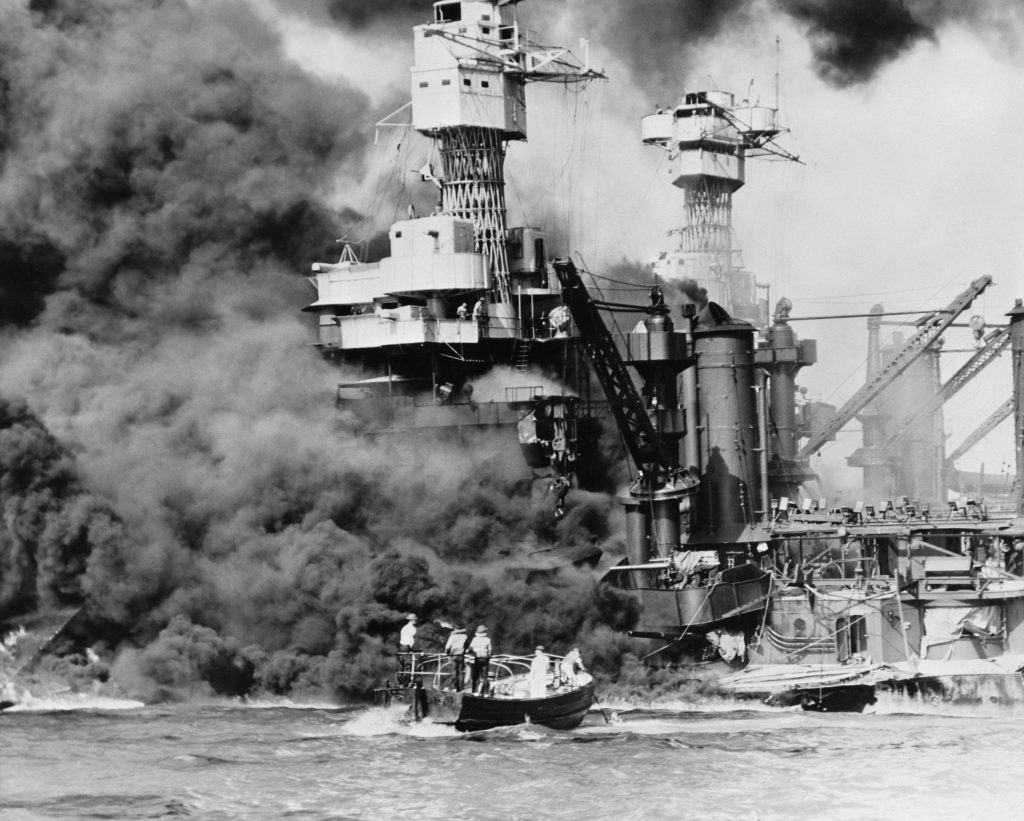 Losing a loved one is an unimaginable tragedy, and while financial compensation cannot fill the void left by their absence, it can provide support during challenging times. The following case involves the tragic situation of parents whose seaman son died. Although the deceased seaman’s father tried to recover damages from his son’s death, he ultimately proved unsuccessful.
Losing a loved one is an unimaginable tragedy, and while financial compensation cannot fill the void left by their absence, it can provide support during challenging times. The following case involves the tragic situation of parents whose seaman son died. Although the deceased seaman’s father tried to recover damages from his son’s death, he ultimately proved unsuccessful. 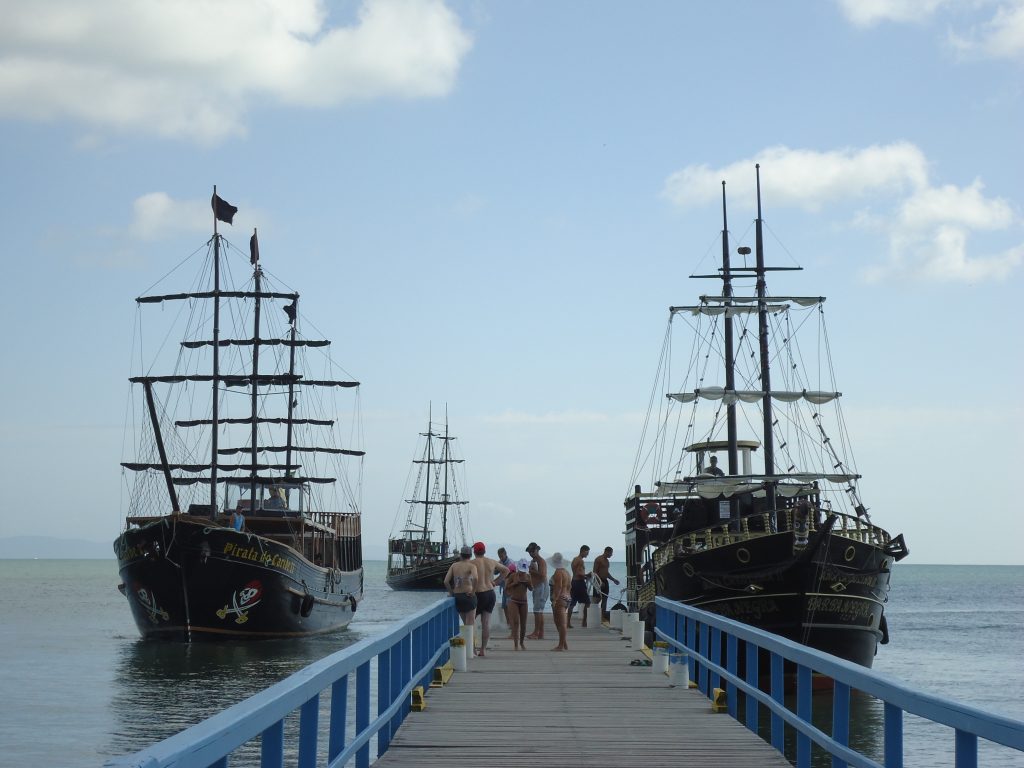 Suffering an on-the-job injury is a challenging experience that involves physical recovery and navigating the complexities of the worker’s compensation system. Determining when and how to return to work can be daunting in such situations. The questions surrounding medical examinations and the responsibility of companies to provide additional medical advice or inspections when an employee is injured are examined in the following case.
Suffering an on-the-job injury is a challenging experience that involves physical recovery and navigating the complexities of the worker’s compensation system. Determining when and how to return to work can be daunting in such situations. The questions surrounding medical examinations and the responsibility of companies to provide additional medical advice or inspections when an employee is injured are examined in the following case. Within the intricate realm of maritime law, determining liability can be challenging, especially when it comes to assessing the responsibility of ship owners for open and obvious risks. Such complexities become particularly evident when adverse weather conditions come into play. In this context, we delve into the case of Robert dePerrodil, an oil field consultant, and his encounter with the M/V Thunderstar.
Within the intricate realm of maritime law, determining liability can be challenging, especially when it comes to assessing the responsibility of ship owners for open and obvious risks. Such complexities become particularly evident when adverse weather conditions come into play. In this context, we delve into the case of Robert dePerrodil, an oil field consultant, and his encounter with the M/V Thunderstar.  An injury can happen in the most unlikely of situations, and although it may seem minor at the moment, it can create lifelong physical ailments. When this unfortunate situation occurs, you deserve to be properly compensated, regardless of any pre-existing conditions you may have. The following lawsuit shows how an excellent attorney can assist you in doing so.
An injury can happen in the most unlikely of situations, and although it may seem minor at the moment, it can create lifelong physical ailments. When this unfortunate situation occurs, you deserve to be properly compensated, regardless of any pre-existing conditions you may have. The following lawsuit shows how an excellent attorney can assist you in doing so. 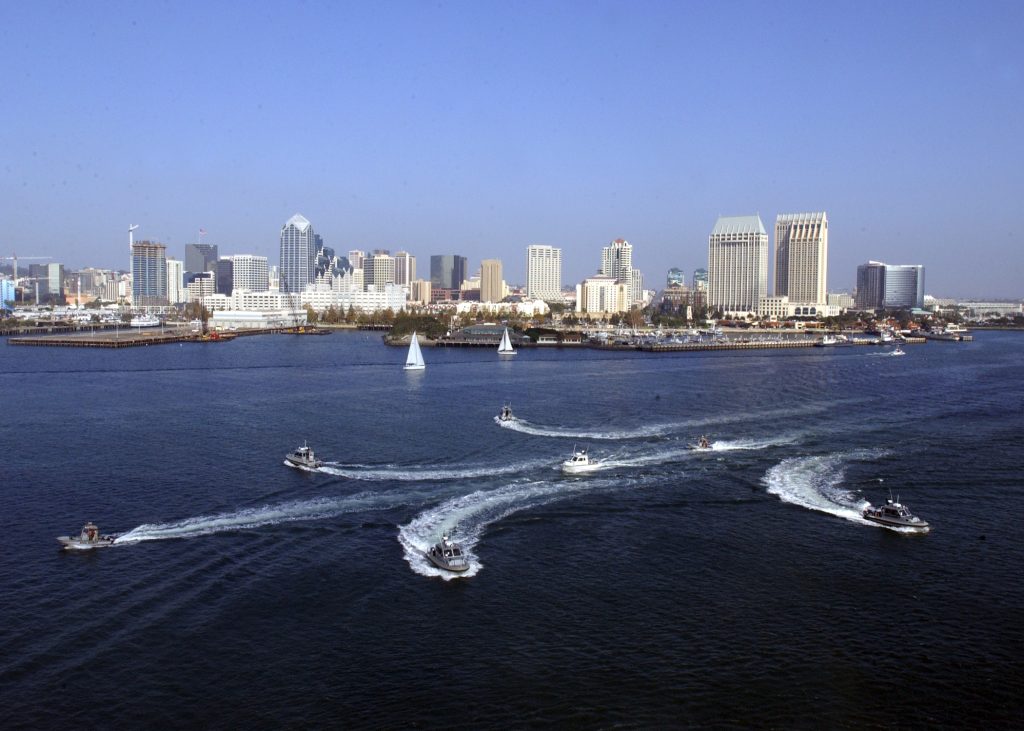
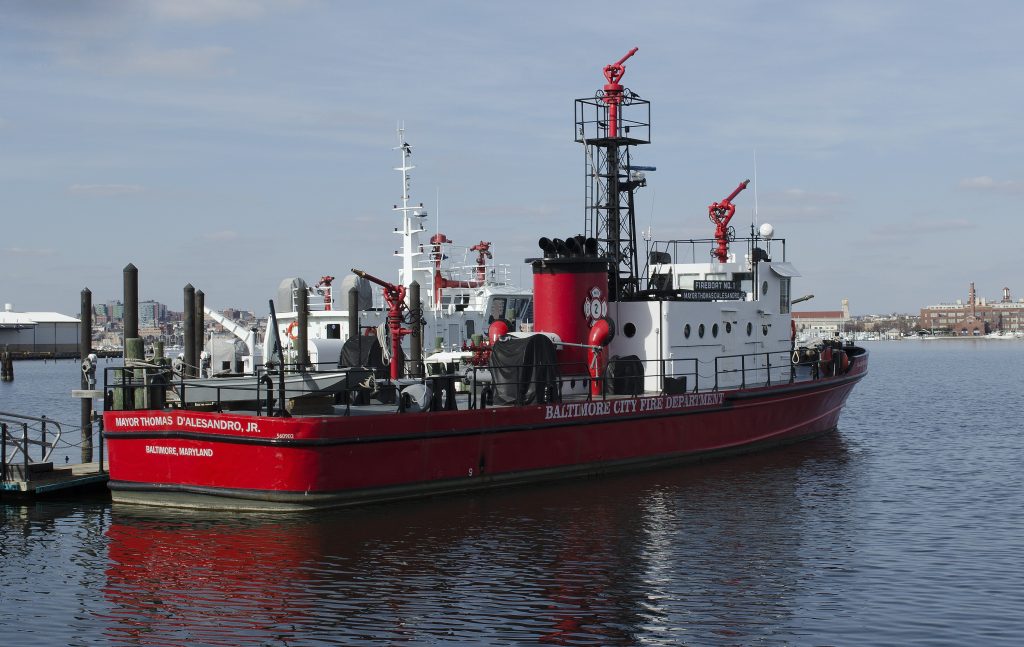 Juries are one of the most important foundations in our legal system. Their role is to determine the truth behind the sometimes confusing legal language and provide justice. Juries rely on the information given to them by lawyers in the form of Jury Questions. However, when an alleged ambiguous term appears in the questionnaire, the court must determine if that specific word tainted the jury’s verdict.
Juries are one of the most important foundations in our legal system. Their role is to determine the truth behind the sometimes confusing legal language and provide justice. Juries rely on the information given to them by lawyers in the form of Jury Questions. However, when an alleged ambiguous term appears in the questionnaire, the court must determine if that specific word tainted the jury’s verdict. 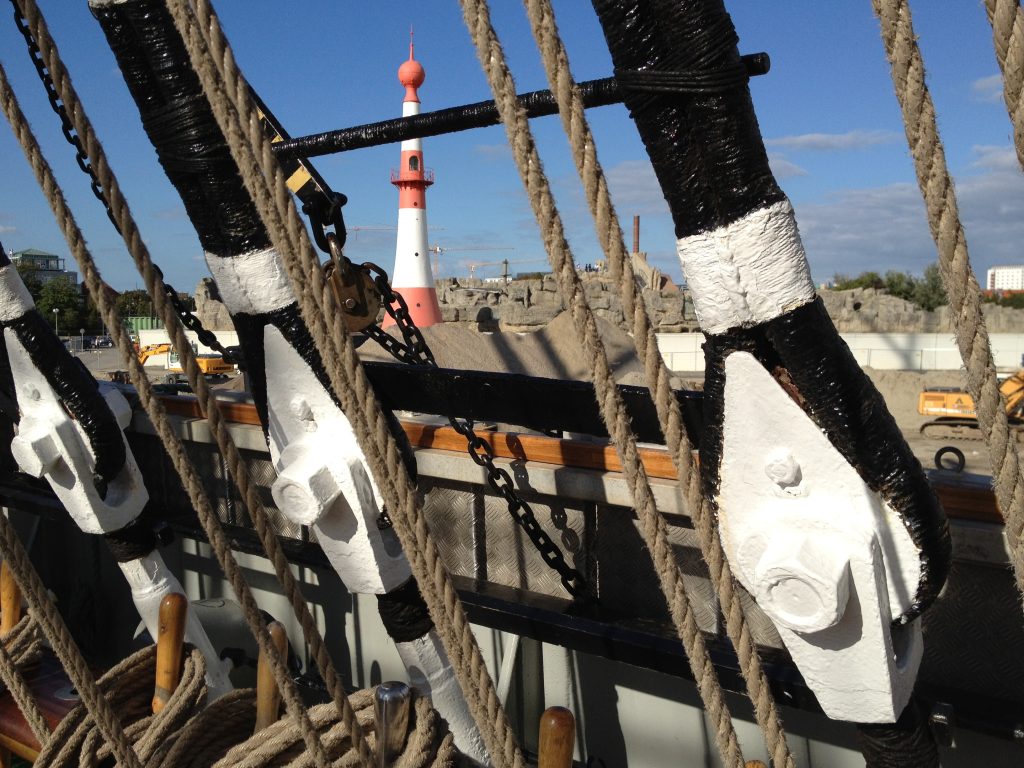 Activities on the water carry inherent risks. If you are injured while on the water, laws of admiralty and maritime jurisdiction generally rule. There are also allowances to invoke admiralty jurisdiction for injuries on land. To do so, one must satisfy conditions of both location and connection with maritime activity. But what happens if you are injured on a boat on land? Can you file a lawsuit with maritime claims? The following lawsuit out of Manchac, Louisiana, helps answer this question in the context of a prescription argument.
Activities on the water carry inherent risks. If you are injured while on the water, laws of admiralty and maritime jurisdiction generally rule. There are also allowances to invoke admiralty jurisdiction for injuries on land. To do so, one must satisfy conditions of both location and connection with maritime activity. But what happens if you are injured on a boat on land? Can you file a lawsuit with maritime claims? The following lawsuit out of Manchac, Louisiana, helps answer this question in the context of a prescription argument.